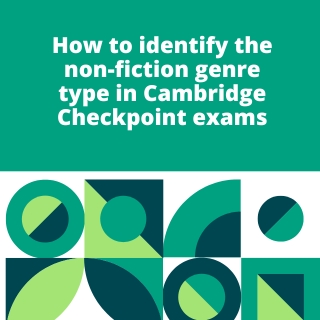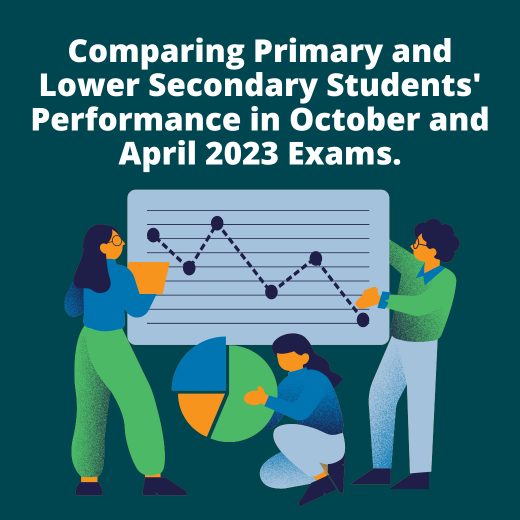In this article, you'll explore the difference between writing a story opening, the entirety of a story, and a story ending in Cambridge Checkpoint Exams for English First Language. The article includes a video that details what should be included in each type.
In this article, you will discover a highly effective method for identifying the non-fiction genre type in Cambridge Checkpoint Exams for English First Language. The article includes a video that analyzes previous Cambridge Checkpoint exams, aiding in the identification of genre types.
Analyzing students' performance across various exam trials aids educators in comprehending mark distribution and identifying positive or negative impacts of specific sub-strands. This insight helps in better preparation for upcoming exams. To find out what to review with your students before the April 2024 trial, read the article.
Understanding Cambridge Performance Thresholds is crucial for teachers to assess how students performed in an exam's trial. Essentially, it facilitates the moderation of your assessment system to better inform teaching. Read the article to learn how to interpret information within the Thresholds.






